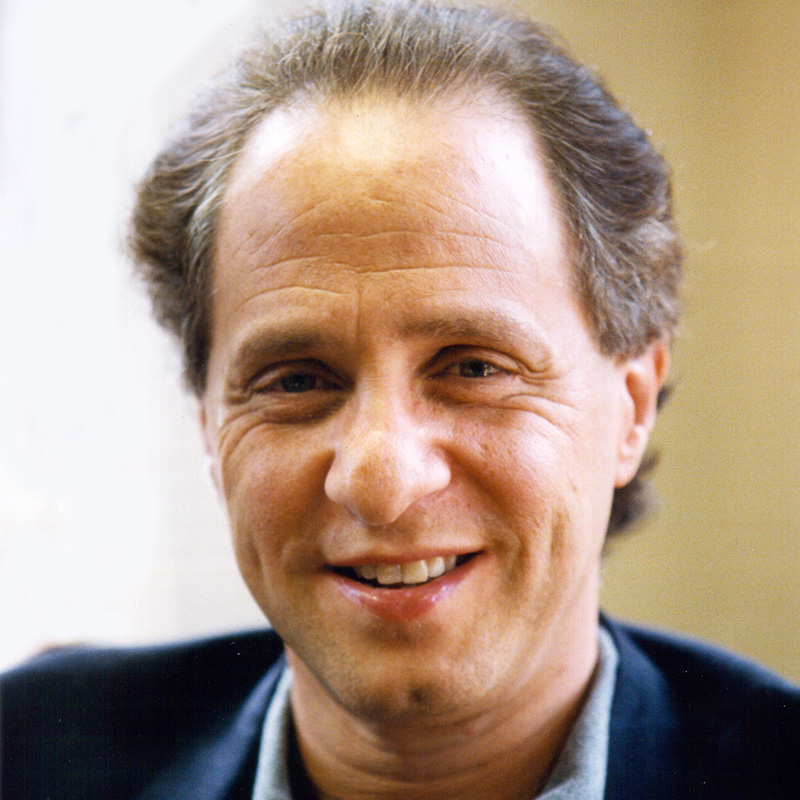2005 Guardian Award Winner is Concerned About Bioterrorism
This year’s Guardian Award recipient is Ray Kurzweil.
Ray Kurzweil was the principal developer of the first omni-font optical character recognition, the first print-to-speech reading machine for the blind, the first text-to-speech synthesizer, and the first commercially marketed large-vocabulary speech recognition. Ray has successfully founded and developed nine businesses in OCR, music synthesis, speech recognition, reading technology, virtual reality, financial investment, cybernetic art, and other areas of artificial intelligence. All of these technologies continue today as market leaders. Ray’s Web site, KurzweilAI.net, is a leading resource on artificial intelligence.
His book, The Age of Intelligent Machines, was named Best Computer Science Book of 1990. His best-selling book, The Age of Spiritual Machines: When Computers Exceed Human Intelligence, has been published in nine languages and achieved the #1 best selling book on Amazon.com in the categories of “Science” and “Artificial Intelligence.” His latest book, coauthored with Terry Grossman, M.D. is Fantastic Voyage: Live Long Enough to Live Forever.
Ray Kurzweil had grown increasingly worried about bioterrorism and now advocates a one hundred billion dollar program to accelerate the development of technologies to combat biological viruses. He says “We have an existential threat now in the form of the possibility of a bioengineered malevolent biological virus. With all the talk of bioterrorism, the possibility of a bioengineered bioterrorism agent gets little and inadequate attention. The tools and knowledge to create a bioengineered pathogen are more widespread than the tools and knowledge to create an atomic weapon, yet it could be far more destructive. I’m on the Army Science Advisory Group (a board of five people who advise the Army on science and technology), and the Army is the institution responsible for the nation’s bioterrorism protection. Without revealing anything confidential, I can say that there is acute awareness of these dangers, but there is neither the funding nor national priority to address them in an adequate way.”
Ray Kurzweil goes on to state “the means and knowledge will soon exist in a routine college bioengineering lab (and already exists in more sophisticated labs) to create unfriendly pathogens more dangerous than nuclear weapons.”
Finally, Ray thinks the threat of grey goo should not be ignored. He states “Grey goo certainly represents power — destructive power — and if such an existential threat were to prevail, it would represent a catastrophic loss… Although the existential nanotechnology danger is not yet at hand, denial is not the appropriate strategy.”
